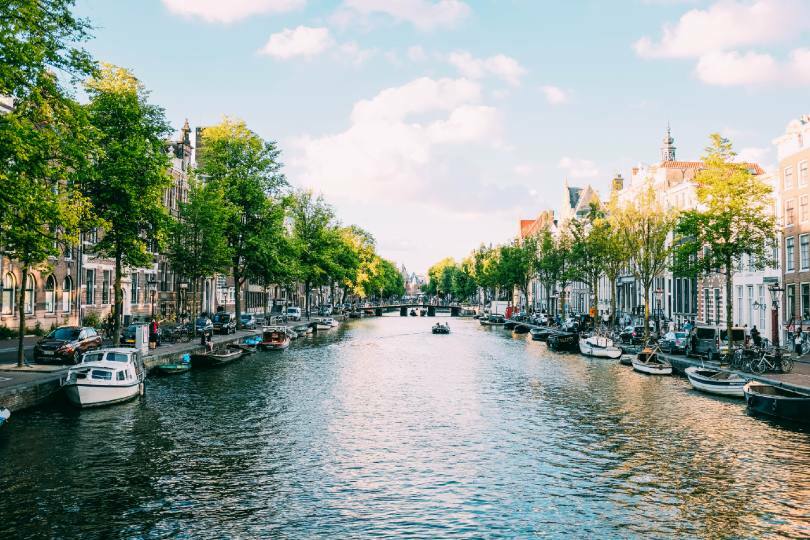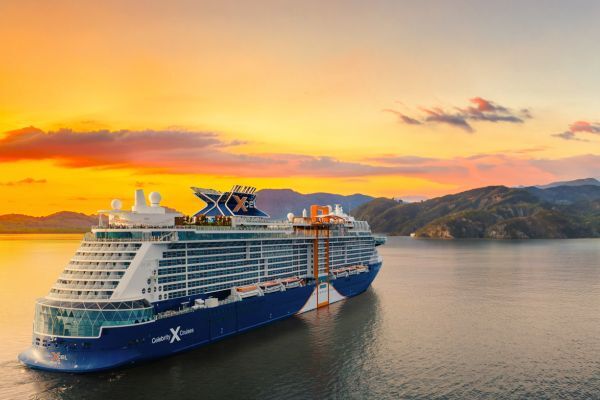Why is Amsterdam banning cruise ships, and what does it mean for agents?
 Will Payne
Will PayneAmsterdam’s ban on cruise ships is the latest step in an ongoing effort by city authorities to improve the quality of tourism to the city, distribute tourism spend more equitably, clamp down on rowdy visitors, and respond to climate and environmental – particularly pollution – concerns. But what does the decision mean for the destination’s future, and the agents who sell it?
On Thursday (20 July), it was reported that cruise vessels were now no longer able to dock in Amsterdam, with the local council reportedly stating the "polluting" ships were no longer in step with the city’s sustainability ambitions and vision.
According to The Guardian, the authority further claimed the passage of cruise ships was also incompatible with its plans for a new bridge between the city’s northern and southern districts.
The decision follows a string of new regulations designed to reduce the number of tourists visiting the city, including a ban on the use of cannabis in Amsterdam’s iconic red light district, which was announced earlier this year.
Under the regulations, sex workers also have to close their venues at 3am and restaurants and bars have to shut their doors by 2am on Fridays and Saturdays.
Then in March, the city launched a bold "Stay Away" campaign, aimed initially at young British travellers aged between 18 and 35, which featured a series of short videos depicting nights out gone wrong.
The city has long been trying to quell the flow of visitors, now up to 20 million a year, and the decision to ban cruise ships is unlikely to be its last attempt at altering the destination’s reputation and reimagining its tourism economy to direct more spend towards local businesses.
Other measures the city is reportedly considering include limits on bar crawls, restrictions on the size of stag dos and hen parties, reducing river cruise calls, and wider bans on the smoking of cannabis in the city centre.
Sign up for weekday travel news and analysis straight to your inbox
Supplier Directory
Find contacts for 260+ travel suppliers. Type name, company or destination.











